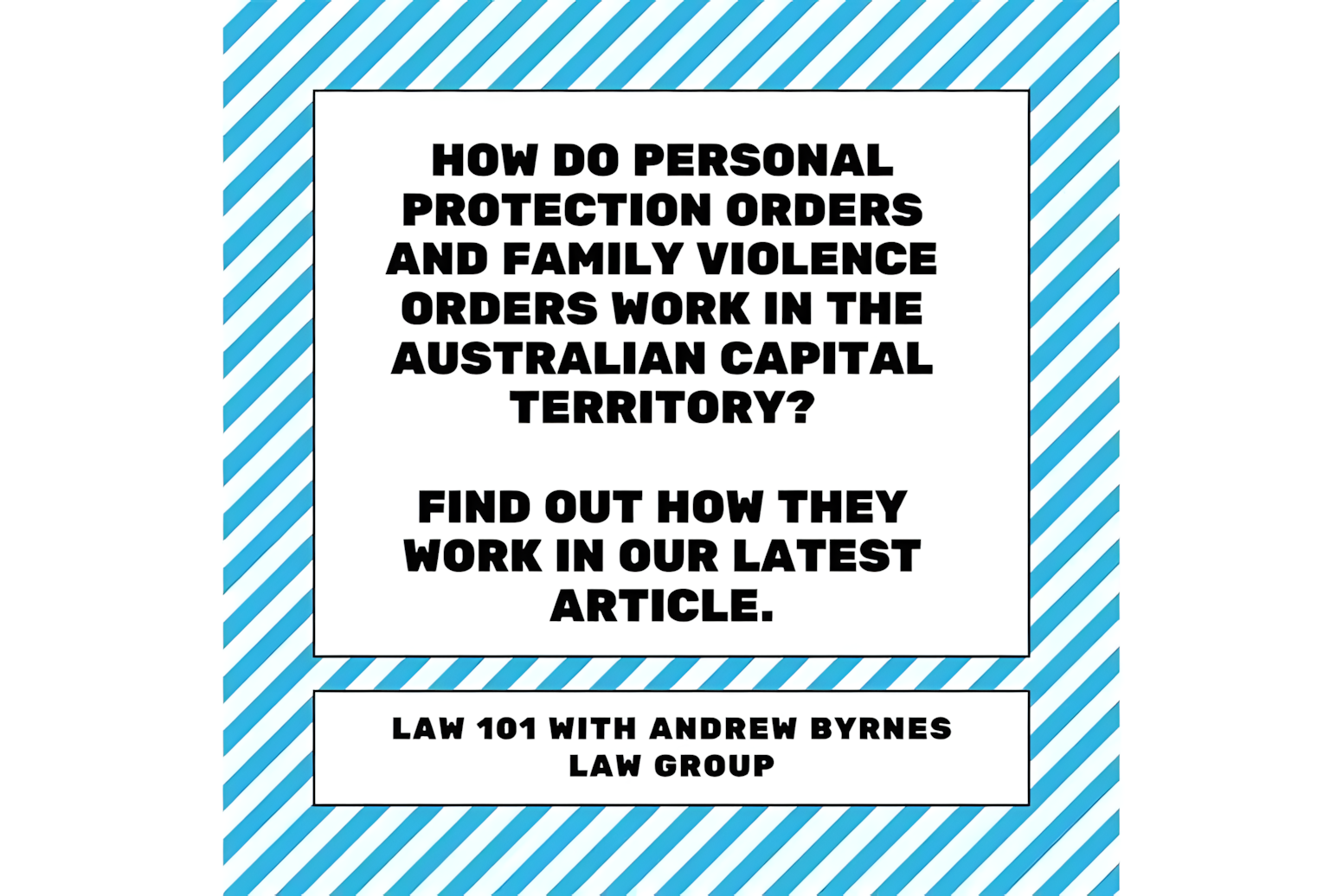What is “Bail?”
For a majority of people, bail is loosely understood as something that will let you get out of prison when you’re accused of a crime. While this captures the idea, the specifics of receiving bail are a bit more complicated than simply paying money to “go free.”
If you are ever looking to apply for bail, it is crucial that you retain a criminal lawyer to fight for you in your bail application, as it is a technical process and it could make the difference between walking out of prison or spending more time behind bars.
To clarify, bail does not mean you no longer have a problem with the law; it simply means you don’t have to stay in custody up until you are tried or sentenced. By persuading the Court to grant you bail, you get to stay out of prison in order to go about your daily life as normal—granted that you comply with the bail undertaking.
Who can be granted bail?
Unfortunately, not everybody gets to be granted bail, this is highly dependent on an individual’s situation and also what they have been charged with.
Firstly, there are presumptions against people being granted bail, meaning that the Court may not readily entertain a bail application if, for example, you are already on bail for a serious offence and are charged with another offence, or in the case that the offence you have been charged with is so serious that it does not justify the granting of bail.
The Court will consider a bail application with careful consideration to the factors provided under Section 22 of the Bail Act 1992 (ACT) .
Ultimately, bail decisions usually come down to two basic factors to determine the likelihood of going on bail: the offence, and the individual.
The Offence
The particular offence a person has been charged with will be a major point of consideration in a bail application. More serious and grave offences will merit different responses from the Court than minor offences, and with good reason. Petty theft, for example, would yield a different response from mass murder—as the gravity is definitely heavier for one rather than the other. The Court may take the view that if the offence alleged to have been committed is of a high severity, then imprisonment is the only realistic outcome if you were found guilty.
The strength of the prosecution case can also be a matter of contention—whether the evidence is strong or not. That being said – the Court is entitled to take the prosecution case at its highest when considering a bail application.
The Individual
The other key factor to consider would be the accused person themselves. The character of the person including prior criminal offences often plays a factor balanced against the interests of the person in re-integrating into the community. These factors are balanced against the need for protection of the community.
The Court will also assess whether there is a risk of you failing to appear for your actual court proceedings— the Court has a duty to ensure that people answer their summons and not take bail as an opportunity to run from the law.
Conclusion
If you are in custody, the question of whether you can be granted bail is one of the matters your criminal defence lawyer can advise you about. It’s important that bail applications are made in appropriate circumstances and you are not wasting your attempts at bail unneccesarily, as the Bail Act 1992 provides that successive unsuccessful applications may mean you have to convince the Court that special or exceptional circumstances exist which justify the granting of bail.
Are you looking for a reputable criminal lawyer in Canberra with a great track record that can represent you in court for your criminal hearings?
Look no further. You’ve found your trusted advisor.
We are leading criminal lawyers serving Canberra, Queanbeyan, Goulburn, Wollongong and surrounds and can offer you high-quality, tailored legal representation to ensure you get the best possible result for your case.
'
Date:
May 25, 2025
Author:
Himangi Ticku
/
Junior Partner





















.jpg)
.jpg)
.jpg)
.jpg)
